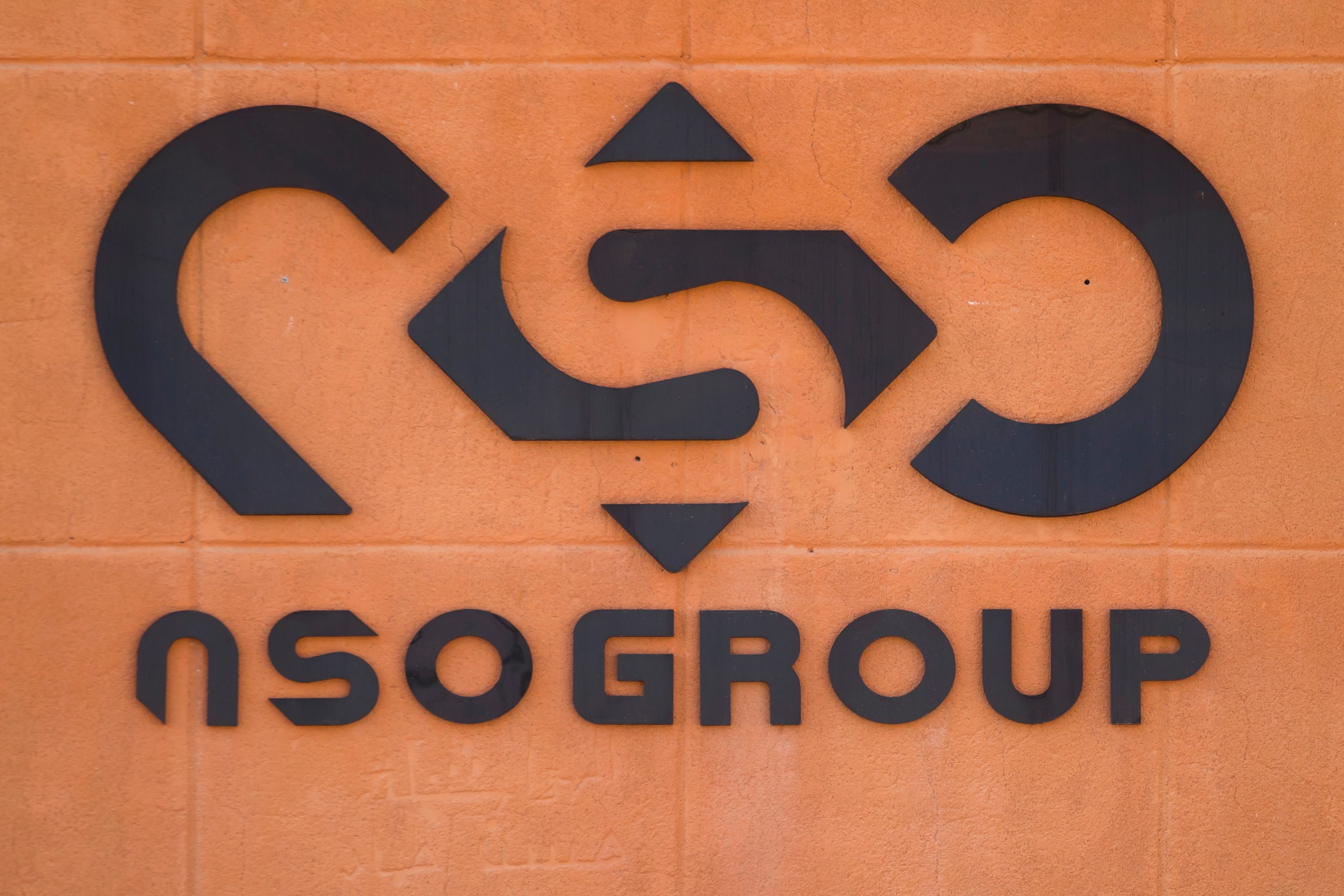Israel to probe alleged police use of Pegasus spyware on Netanyahu’s son and associates
Phone hacking targets reportedly include confidants of Netanyahu as well as politicians and officials

Your support helps us to tell the story
From reproductive rights to climate change to Big Tech, The Independent is on the ground when the story is developing. Whether it's investigating the financials of Elon Musk's pro-Trump PAC or producing our latest documentary, 'The A Word', which shines a light on the American women fighting for reproductive rights, we know how important it is to parse out the facts from the messaging.
At such a critical moment in US history, we need reporters on the ground. Your donation allows us to keep sending journalists to speak to both sides of the story.
The Independent is trusted by Americans across the entire political spectrum. And unlike many other quality news outlets, we choose not to lock Americans out of our reporting and analysis with paywalls. We believe quality journalism should be available to everyone, paid for by those who can afford it.
Your support makes all the difference.Israel has vowed to set up an inquiry and take action after a newspaper reported that law enforcement had used Pegasus spyware against former prime minister Benjamin Netanyahu and dozens of other high-profile figures.
The country has been rocked in recent weeks by reports from business daily Calcalist alleging that Pegasus, a mobile phone hacking tool made by Israel’s NSO Group and sold to authoritarian regimes, has also been widely used on Israeli citizens.
The newspaper said police had used the spyware against confidants of Mr Netanyahu – including one of his sons and two aides – as well as politicians, business owners, officials and activists.
Many victims had their phones hacked without any authorisation, according to Calcalist. The latest report did not reveal how the information was used, but alleged “personal information” was “swiped and filed away”.
“Things allegedly happened here that are very serious,” Israeli prime minister Naftali Bennett said in a statement on Monday. “We need to understand exactly what happened.”
Public security minister Omer Barlev said he was setting up a cabinet-level commission of inquiry. “There won’t be such failings on my watch,” he tweeted, framing the revelations as predating the incumbent government.
In response to a query from The Independent, Israel’s police spokesman said it had approached the homeland security ministry to requested the creation of an outside review board “to examine every aspect of the subject” and reestablish public trust in police. “The Israeli Police will cooperate in full with transparency,” said the note. “If any irregularities or failures will be found, they will be handled according to the law.”
Israel’s attorney-general is also looking into the allegations. Insiders say that the Calcalist reports lack attribution, making them difficult to confirm. But the reaction of the police to the allegations suggest they have merit. Israeli police commissioner Kobi Shabtai said any “irregularities and failures” should be “dealt with in accordance with the law”.
Also among those reportedly targeted by Pegasus were the then-heads of the ministries of transport, finance and communications as well as West Bank settler groups and leaders of protest organisations opposed to the Netanyahu government. Those involved in the ongoing corruption allegations probe against Mr Netanyahu were targeted too, Calcalist said.
The court hearing the corruption case against Mr Netanyahu said it was cancelling the next session, scheduled for Tuesday, and would await answers from the prosecution about the hacking allegations before deciding whether proceedings would resume on Wednesday.
“The bland term used by police for these activities was ‘technological and data-oriented policing,’ but Calcalist reveals that the use of Pegasus wasn’t local or limited to a small number of cases,” said the report. “This became one of the most useful tools implemented by police to gather intelligence.”
The alleged spying took place under the leadership of former police chief Roni Alsheich, an ex-senior officer in Israel’s domestic intelligence service, Shin Bet, who was appointed by Mr Netanyahu.
The US last year put Pegasus’ maker NSO on a blacklist, subjecting it to sanctions. But in a statement on Monday, Mr Bennett, who replaced Mr Netanyahu in June, praised Pegasus for being an important tool to fight against terrorism and crime. However, he said it was not “intended to be used in phishing campaigns targeting the Israeli public or officials”.
The latest allegations have shocked Israelis, who were mostly unmoved by well-documented reports that Pegasus had been used by Arab regimes to target dissidents and by Mexican drug lords to ferret out turncoats.
“Everybody knew about Pegasus,” said Anshel Pfeffer, a journalist at the Israeli newspaper Haaretz. “They knew it was developed first of all by the Israeli intelligence community to get to Israel’s external enemies and had become a commercial asset sold by a private company with the Israeli government’s blessing.”
“But,” he added, “nobody knew that it had crossed over into domestic use by Israeli police, which doesn’t have the capabilities of the intelligence services.” Even so, NSO has repeatedly denied any wrongdoing throughout the Pegasus scandal, saying that all its sales are government-authorised and that it does not itself run the software.


Join our commenting forum
Join thought-provoking conversations, follow other Independent readers and see their replies
Comments